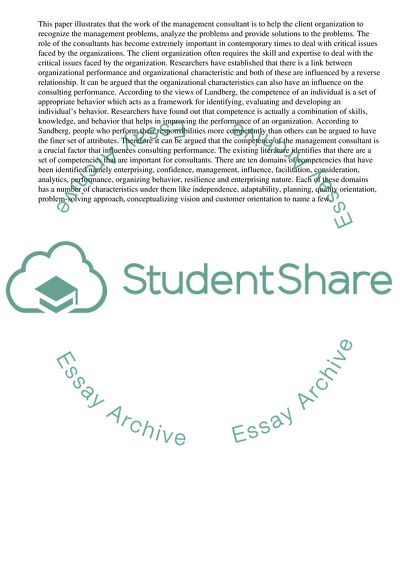Cite this document
(“The Competencies That Are Required By Consultants In Order To Ensure Essay”, n.d.)
The Competencies That Are Required By Consultants In Order To Ensure Essay. Retrieved from https://studentshare.org/management/1655250-research-proposal-in-management
The Competencies That Are Required By Consultants In Order To Ensure Essay. Retrieved from https://studentshare.org/management/1655250-research-proposal-in-management
(The Competencies That Are Required By Consultants In Order To Ensure Essay)
The Competencies That Are Required By Consultants In Order To Ensure Essay. https://studentshare.org/management/1655250-research-proposal-in-management.
The Competencies That Are Required By Consultants In Order To Ensure Essay. https://studentshare.org/management/1655250-research-proposal-in-management.
“The Competencies That Are Required By Consultants In Order To Ensure Essay”, n.d. https://studentshare.org/management/1655250-research-proposal-in-management.


